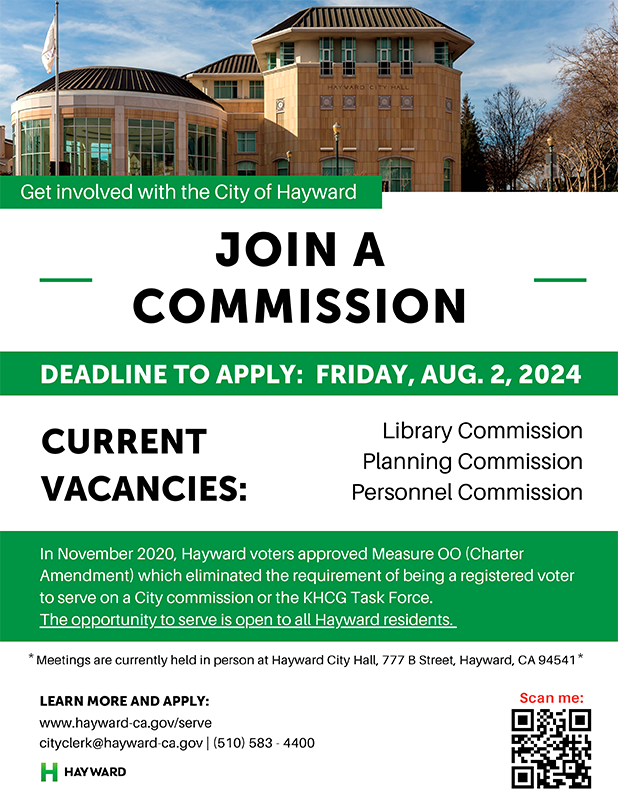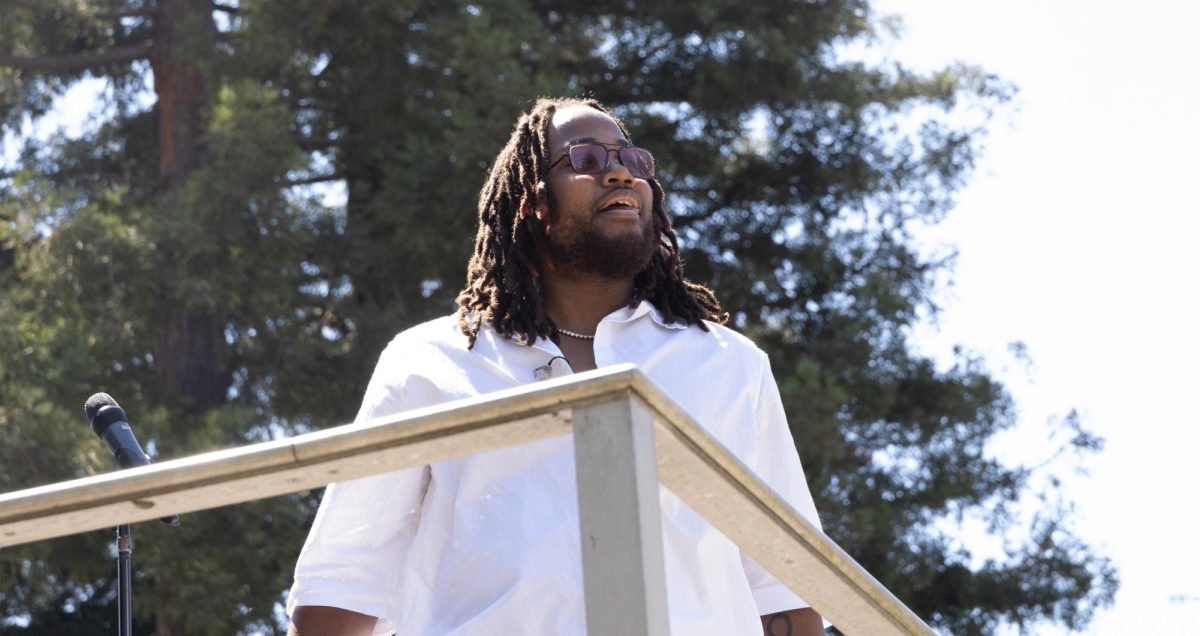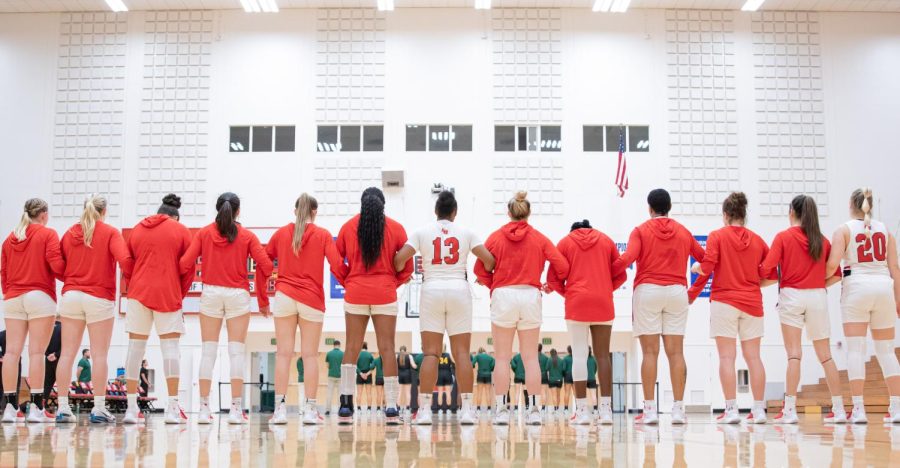Just as he has released his memoirs, “Hitch 22” tells the story of a truly remarkable man of letters, Christopher Hitchens. On June 30, he revealed through a blog at the magazine Vanity Fair’s Web site that he had been diagnosed with esophageal cancer.
The cause of his cancer is not hard to pinpoint—Hitchens was known for his boozing and smoking. He is seen lighting up on the cover of his slim classic “Letters to a Young Contrarian,” and during the myriad debates he gave during the 2000s, he was known to pull out a flask and imbide some liquid inspiration on himself. In an on air debate with Ronald Reagan’s son Ron in 2006, he inebriated self with disheveled hair, an unkempt beard and an air of fatigue were present. Despite his hangover, Hitch still managed to savage the younger Reagan in debate.
Esophageal cancer has a survival rate of 5%, which usually applies to those that last for more than five years. The air of finality that such a stark notice of death gave Hitchens’ memoirs all the more powerful.
Death is not a topic that is avoided in “Hitch 22.” The first chapter, “Yvonne,” goes in full throttle: exploring the suicide of his beloved mother by pact with a creepy, metaphysical guru that Hitchens barely knew.
As he refers to his mother as his “dear Yvonne” and ruminates about what could have been going through her mind when she decided to end it all. His mother actually attempted to call him five times before ending it, a discovery found by the investigation into her death that has haunted Hitchens for years.
“Fragments from an Education” is a chapter that explores several elements of Hitchens’ childhood that seemed to shape him to be the international intellectual superstar. The regular saga of boyhood bullying and sadistic Pink Floyd-esque teachers is met with a surprising but refreshing adventure into homosexual experimentation and ruminations on the sexual heat of one’s pubescent years.
Given his support (with reservation) of the war on terrorism, there is a guarantee that many conservatives will be reading this book. For the truly socially libertine, this knowledge should provide a perverse sort of joy, knowing that somewhere a Mike Huckabee supporter is reading lines such as “Richard Llewellyn handled this transition with very slightly too much quasi-poetic euphemism, his crucial error being (to my fevered imagining) the idea that the inflamed heat of young manhood could be assuaged only by the relative ‘coolness’ of a feminine interior.”
The sexual shock and awe continues unabated in the chapter “Cambridge,” with the best bit actually arriving in the form of a footnote. Hitchens makes few bones about his low opinion of Christian evangelicals of the Anglo-American variety (though we can assume he is not a fan of evangelicals of any other variety), as he articulates, “whenever I hear some bigmouth in Washington or the Christian heartland banging on about the evils of sodomy or whatever, I mentally enter his name in my notebook and contentedly set my watch. Sooner rather than later, he will be discovered down on his weary and well-worn old knees in some dreary motel or latrine, with an expired Visa card, having tried to pay well over the odds to be peed upon by some Apache transvestite.”
Reflecting much more Roald Dahl than Noam Chomsky, in Hitch 22 the author explores an artistic form of writing that he has previously hinted at but had not engaged in fully.
Hitch 22 is liberating in this context, as it allows the writer to engage in prose that is perfectly appropriate when talking about early homosexual love affairs, but would be strange and intimidating when speaking of Bush administration nuclear policy toward India.
Having taught at UC Berkeley and being a fellow at Stanford’s Hoover Institution for the last few years, Bay Area residents should find much to relate to in Hitchens’ memoir. In 2007, when the scandals of sexual abuse and gang beatings shut down Oakland’s Your Black Muslim Bakery, Hitchens wrote feverishly on the issue, bringing a secular approach that was far more sensible than the rabid tactics of the likes of conservative commentator Michelle Malkin. Hitchens has written admirably of Palo Alto’s Japanese community festivals and the legacy of internment in the Western United States. There are anecdotes about leftist Jessica Mitford and the Oakland branch of McCarthy-era Communists and charitable events held by the Black Panthers throughout the book, as well as exhortations on Haight-Ashbury, “Berserkely” and the flower-power era.
Whatever your politics, be it bleeding heart or reactionary, there’s certain to be something here that will wake you up from a philosophical slumber. If, as so many now ruminate, Hitch’s days on this earth are numbered, we can be satisfied that he gave us one final tome of personal exploration before he bids us ado.












